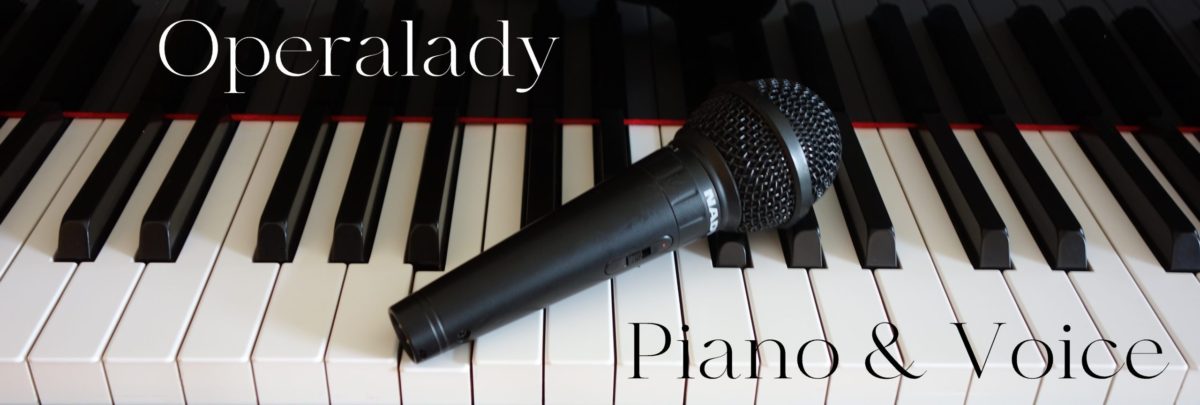Student Practice Tips
- Set realistic goals
- Practice in short exposures. DAILY practice in 10-15 minute increments is better than one monster practice, once a week.
- Determine the best time of day that works for you to practice daily.
- Record yourself!
- Listen to recordings of your pieces with the sheet music in front of you
- Practice what you don’t know first
- Use a metronome
- NO distractions! (turn off cell phones, TVs, anything that might disrupt concentration)
- Slow Practice. Learning your pieces at a slow tempo helps you gain accuracy, hone your technical skills and train your hands to hit the correct keys with the correct fingering. Once the piece or section of music is learned at a slow tempo, you will be able to maintain the same level of accuracy by gradually taking it up to speed.
Helpful Hints for Parents:
- Be a cheerleader! Practicing is a lonely occupation and younger children thrive on company. Take an active interest by listening and encouraging.
- Encourage in house performances. Have a sing along with the family, or when the grandparents come over.
- Let your child see you practice something you want to get better at.
- Let your child “decorate” the piano to watch them practice (ex: stuffed animals that watch them perform)
- Let your child “dress up” for practice (Like put a tiara or a cape on when it’s time for practice
- Where you keep the piano is important – try to have it in a room where the child feels comfortable and not in a place where, for example, the family meet only for formal occasions. Sending your child alone into the dining room, for example, is a form of banishment and with some children, might seem like a punishment.
Studio Etiquette
- Come to lessons with clean hands. If your hands need washing, please wash them before you sit at the piano.
- If you have a severe cold or if you’re running a fever, please don’t come to lessons. The keyboard is a haven for bacteria and viruses.
- Please make sure to bring your piano books to each and every lesson.
- If you have any questions during your lesson, please ask! I love to answer questions! If you have questions during the week, email or text me!

